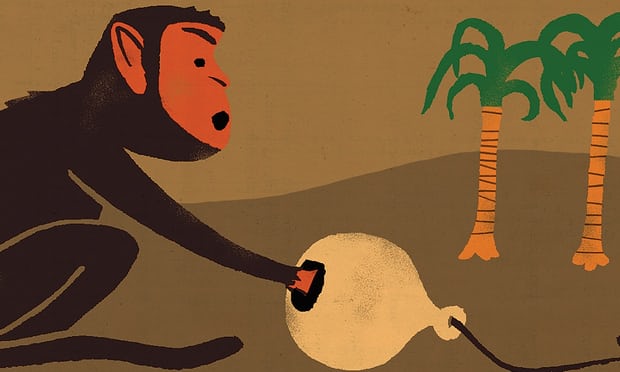I recently listened to a talk by Ajahn Chah, in which he mentions (@ ~14:20-14:53) that wisdom is found when one clings to neither pleasure nor displeasure. This really created a dilemma in my head about why to practice. Clearly, it makes sense that one would not want to cling to displeasure. Indeed, it seems a Buddhist practitioner can get quite far one this idea alone.
It seems natural that the whole reason one begins the path is to learn to not cling to displeasure. Learning to let go of what is bothersome to you is easier, as Ajahn Chah says. I don't believe many people start on the path to also not cling to happiness. Even Ajahn Chah states that those who truly practice also learn to not cling to happiness. How this can be done in the layman's world?
I cannot quite understand why one would want to reject clinging to pleasurable feelings. It seems our very survival as humans is based around our brain giving us pleasurable feelings to reinforce behaviors that keep us surviving. I.e. eating sweet food gives dopamine because it correlates (not necessarily entails) with us sustaining our survival. If I decide to do something purely for pleasure, does that mean that I have clung to that pleasure? I.e. I took a bath tonight for the reason of enjoying it and I did enjoy it. Does that entail that I've clung to the pleasure since my purpose for taking the bath was for pleasure? How would I know if I've clung to it?
At least in my life, my whole idea of having my career is based on the fact that it makes me happy and it's what I want to do (I do it for the purpose of pleasure). Why would I reject this? And if so, how could I even do so without becoming a monk and dedicating my life only to the goal of rejection of both pleasure and displeasure while only caring for my basic needs of survival (food, clothing, shelter, sleep). In a paradoxical sense, it even seems plausible that one's reasoning for becoming a monk would be for the pleasure one derives in the idea of working toward enlightenment. If not for the pleasure resulting from a task (or subsequent result), why would one do it?
Tangentially, it seems the quickest way to end both pleasure and displeasure would be suicide. I'm not suicidal myself, but I just ask in a theoretical sense. Why would one not just do this? I presume the answer is related in some way to rebirth, but I am not sure.
